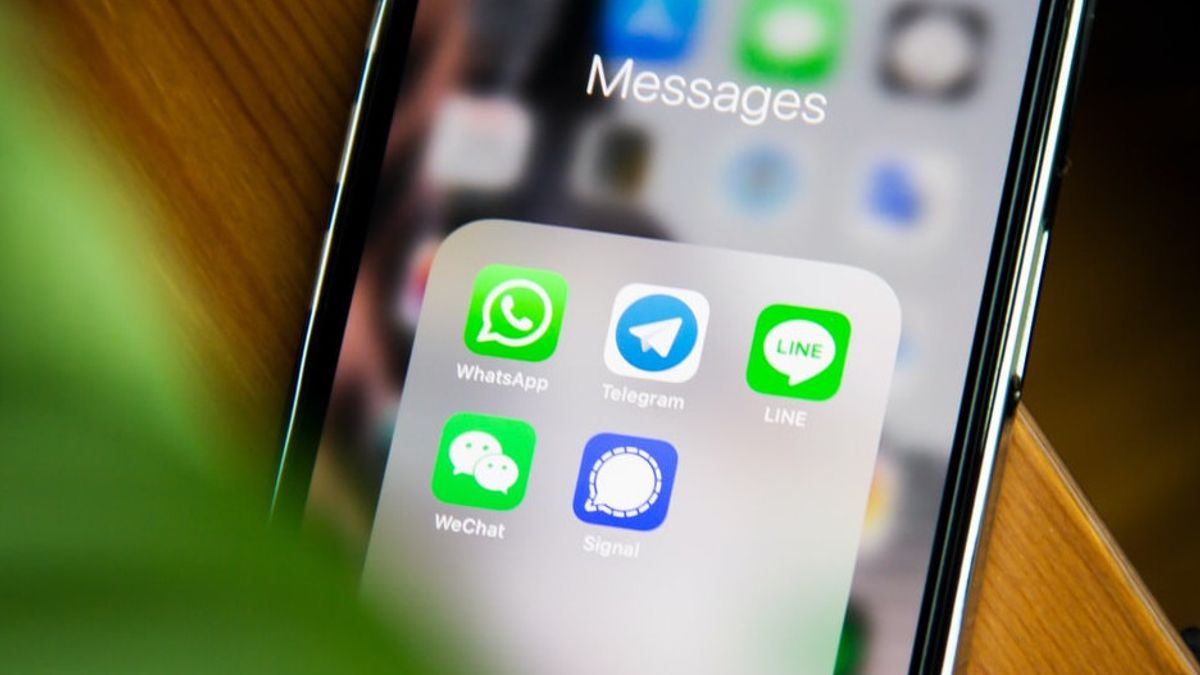JAKARTA - The Digital Markets Act (DMA), the European Union's new legislation, requires the gatekeepers behind messaging apps to comply with the requests of smaller messaging apps.
Under the rules, DMA would require major changes in the way the tech giant handles messages that are currently better than SMS, with features like file and video sharing.
The law aims to make WhatsApp, Facebook Messenger and iMessage apps interoperable with smaller messaging platforms at the request of developers, such as Discord.
"During the nearly eight-hour trilog (three-way talks between Parliament, Council and Commission), EU MPs agreed that the largest messaging services (such as Whatsapp, Facebook Messenger or iMessage) should open and operate with smaller messaging platforms, if they so requested. ," said the European Union in its official statement.
"Users of small or large platforms can then exchange messages, send files, or make video calls across messaging apps, thereby giving them more options. Regarding interoperability obligations for social networks, board members agreed that such interoperability provisions will be assessed in the future, " he added.
Even though the law has not yet been passed, the language of the European Union could force companies like Apple and Meta to open up systems they previously had complete control over.
For example, users can only send iMessages using the iMessage app, which only runs on Apple-owned devices.
With the new rules, it looks like the European Union wants to force Apple to allow other messaging apps to interact with iMessage. This means users can have conversations between iMessage cross-platform users on iPhone, and Telegram users on Windows PCs.
Creating this kind of thing, especially where encryption is involved, is likely to be tricky. The gatekeeper may only have three months to make it cross-platform, but text messaging isn't operational until two years later, or four years for audio and video calls.
Not that it was impossible to get them to work together. Meta has integrated several of its messaging systems together, and Apple released a more open version of iMessage to carriers years ago. Apple owner, Steve Jobs himself called FaceTime as open source.
But in more recent history, Apple has changed. They didn't bring iMessage to Android so people will keep buying iPhones. In other words, there are business reasons to stay closed.
"We remain concerned that some DMA provisions will create unnecessary privacy and security vulnerabilities for our users, while others will prohibit us from charging for the intellectual property we invest heavily," said Apple spokesman Fred Sainz.
"We strongly believe in competition and in creating competitive markets that thrive around the world, and we will continue to work with stakeholders across Europe in the hope of mitigating these vulnerabilities."
The English, Chinese, Japanese, Arabic, and French versions are automatically generated by the AI. So there may still be inaccuracies in translating, please always see Indonesian as our main language. (system supported by DigitalSiber.id)













